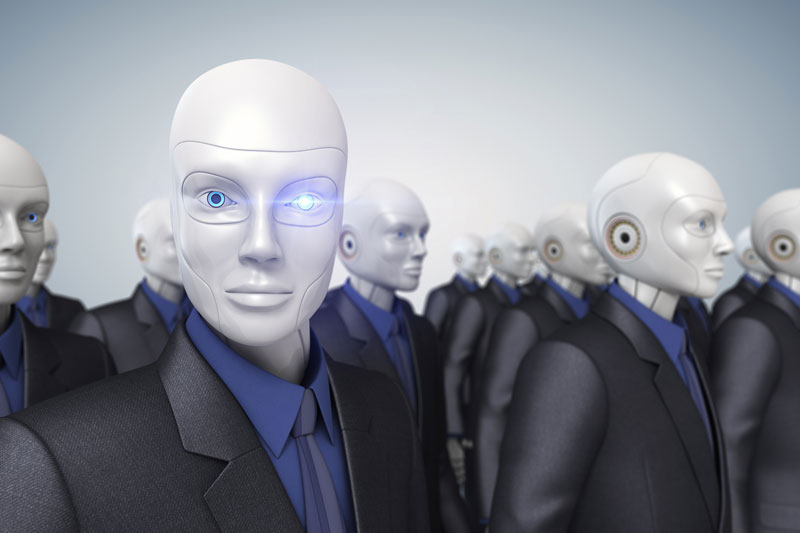When James Cameron made his Terminator films back in the 90s, few of us believed that AI could actually take over the world. As it turns out, it could!
Of course, the real version of events is much different – there are no terminators in leather jackets roaming around hunting down little kids, neither is there a nuclear holocaust around the corner.
But you could end up jobless and without a way to make a living. That’s like a disaster in itself.
“These (robots) are things that are superhuman, and we think this will be in every industry, will probably replace 50 percent of human jobs, create a huge amount of wealth for mankind and wipe out poverty.”
These words were spoken by Kai-Fu Lee, a Chinese businessman who has worked for industry giants like Apple, Microsoft, and Google before starting his own Capital Venture Company. Obviously he knows a thing or two about computers and AI.
Now, robots have been around for a few decades at least, and their role in certain industries has become increasingly important. For instance, in the manufacturing sector last year, a company by the name of Foxconn laid off 60,000 workers and replaced them with machines.
This is not an isolated incident by any means. In the US, every robot that enters the industry does end up taking on average 5.6 workers’ jobs.
So what do we do? On the one hand, you can’t discount the productivity that robots bring to the table. Would you prefer hiring 50 people, paying them monthly wages, dealing with their personal issues? Or just invest in a few robots and be done with it.
We live in a world where, even though unemployment is an issue, most of us get by. We don’t realize the severity of the future that is about to become the present. And when the inevitable does happen, the extreme transition required from us might be too tough to deal with.
The truth is that jobs in every single commercial sector are under threat. It’s just common sense. An entrepreneur will always prefer efficiency, the heartlessness of a robot over human workers and you can’t blame them for it.
Even the ever-popular fields of business and finance are not safe. Antony Jenkins, the ex-CEO of Barclays Bank, predicted that the number of people employed in the financial sector would drop by as much as 50 percent in the next decade.
You can argue that robots and AI are manmade and can’t survive without human intervention. That’s true. Yet, this only deals with a handful of highly specialized people. What about the working class? The working class may well disappear.
We have to accept that robots and AI will have a devastating impact on unskilled and lower-level workers in the near future. Rather than thinking about putting a stop to this through restrictions on technology or stopgap solutions, we need to adapt, retrain, and repurpose ourselves.
Advancement in robotics should never stop. You always go forwards not backwards. There are plenty of ways to diminish the social and financial turmoil that we may be thrust into. One of these, as suggested by Bill Gates, is to tax robotics and use that money to support people being replaced. Of course, it falls on the Government and employers involved to take that step.
But how far can this go? If you look at the stakes, we are talking about millions and billions of people losing their jobs all over the world. It would require a complete rethink of the way the economy works.
On a positive note, human beings are a tough bunch. Plus we can’t survive without personal connections and interactions, so the human element won’t ever be written off in its entirety. Maybe AI will make the world a safer place by removing all the hazardous, dangerous jobs that we have to do. Maybe new jobs will be created, jobs that we cannot even imagine right now.
Things might be different, our roles too, but hopefully we’ll be fine!























